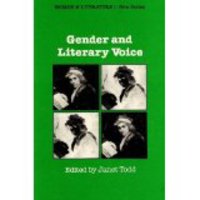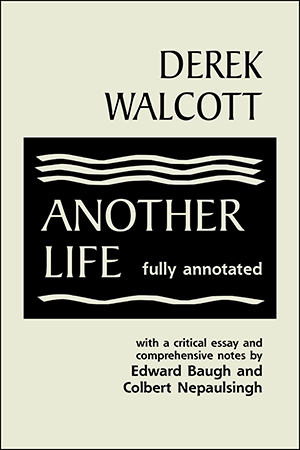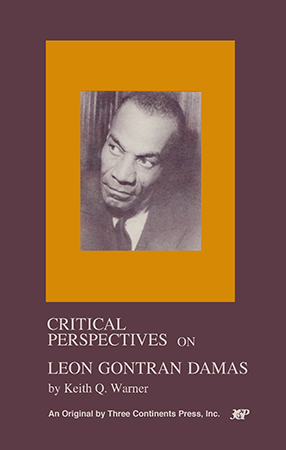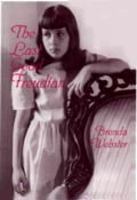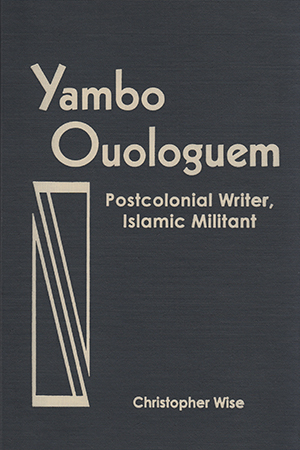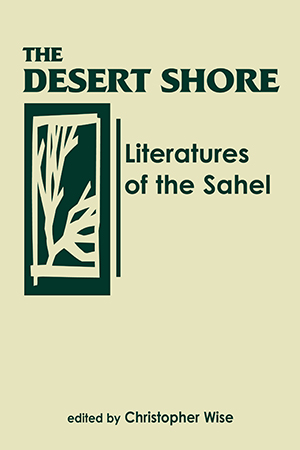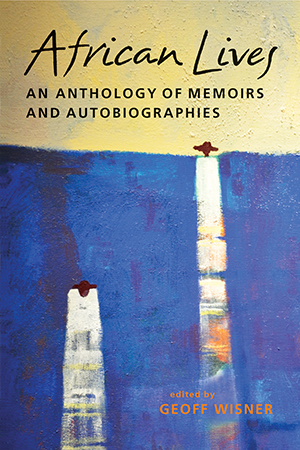World Literature (all books)
These seven stories, dramatic and thought-provoking, provide a compelling picture of Korean life in the 1940s–1990s. Family and community ties, respect for tradition, survival in the More >
This is the volume that first presented Hilary Tham's unique voice to the world literary scene. Described vividly and compassionately, Tham's colorful cast of characters includes a More >
Through birthright, travel, marriage, and work, Hilary Tham has experienced an extraordinary range of world cultures, all vibrantly reflected in her latest collection of poems. Tham’s More >
Hilary Tham's memoirs reveal the many images, cultures, myths, and memories out of which her poetry has emerged. Tham recalls a life of many textures: her Chinese ancestry, her More >
As a young widow with two boys to raise, Horia El-Gharib struggled to reconcile tradition and change. She dared to take on a man's role in commerce and trade to protect the future of her More >
A lively debate on the question of the feminine voice in literature. Writers examined include Louise Bogan, Olive Schreiner, Hazel Hall, May Sarton, Edith Wharton, Lisa Alther, and Margaret More >
This near-definitive study sets a new standard for the kind of meticulous scholarship that Nobel laureate Derek Walcott's poetry deserves. Another Life, Walcott's masterpiece of More >
Poet, storyteller, scholar, teacher, and statesman, Léon Gontran Damas, born in French Guiana, was a founding father of the negritude movement. This collection offers a wide range of More >
The environment of New York City in the post-World War II era was one filled with new ideas and movements. The 1950s saw waves of Freudian disciples set up practices. In The Last Good More >
From the appearance of Bound to Violence in the late 1960s, Yambo Ouologuem has been one of Africa's most controversial writers. For some critics, the young Malian signaled an entire new More >
Though Sahelian culture likely dates back more than five thousand years—encompassing Africa's greatest empires—the Sahel remains little known in the English-speaking world. More >
African Lives, a pioneering anthology of memoirs and autobiographical writings, lets the people of Africa speak for themselves—telling stories of struggle and achievement that have the More >
This unique investigation provides the first major account of the explosion of literary talent that began in Nigeria in 1948 and ended as the civil war was intensifying in 1966. The book is More >
At the beginning of the 1980s, Singapore’s public relied largely on a literary diet of traditional British and North American authors. By 1990, however, books by Singaporeans were More >
The son of a Tunisian Jewish family, Yetiv attempts to preserve some of the wisdom contained in a tradition that may be dying out. Each proverb is presented in transliterated Arabic, with More >


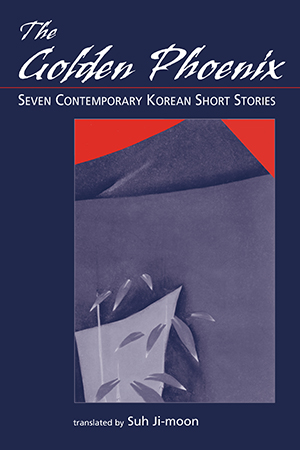

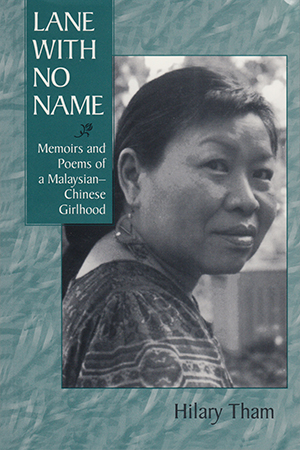
![Lion Mountain [a novel]](/uploads/6706f1e37cc22.jpg)
